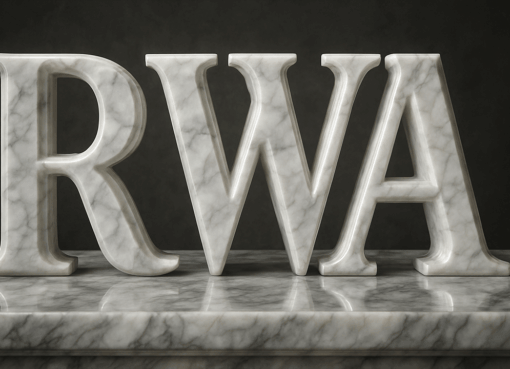Ripple’s chief technology officer (CTO), David Schwartz, has argued on Twitter that Uniswap, a leading automated market maker (AMM) and decentralized exchange (DEX), is not as decentralized as it claims to be.
Uniswap’s decentralization claims challenged
In a Twitter thread by Lefteris Karapetsas, the founder of Rotki, raised concerns about crypto projects that claim to be decentralized but use restrictive policies, thereby undermining the ethos of blockchain technology.
The discussion revolved around Uniswap v4 which was recently released under a business software license (BSL), allowing the software to become open-source after a certain period.
Karapetsas argued that this licensing approach disqualifies Uniswap v4 from being classified as open-source. Per this position, David Schwartz joined the conversation, stating that Uniswap is not decentralized.
Schwartz’s reason for this claim lies in the existence of a legal right that dictates how others can use Uniswap. He opines that such control over the platform negates the decentralization ethos of distributed ledger (DLT) technology.
He also pointed out that Uniswap is under the control of Uniswap Labs, and that further disproves its claim of being a fully decentralized blockchain project.
While this debate has generated controversy within the crypto space, it raises an important question about the true idea of decentralization across the industry, with some observers arguing that no web3 project can truly achieve full decentralization, while others strongly believe that bitcoin is the only genuinely decentralized project.
In related news, Ripple, the blockchain project behind XRP recently launched a central bank digital currency (CBDC) development platform.
As governments continue to explore the potential of CBDCs, Ripple aims to play a vital role in this emerging market. The CBDC market is forecasted to rise to $213 billion by the end of the decade, a significant increase from its current $100 million valuation.




